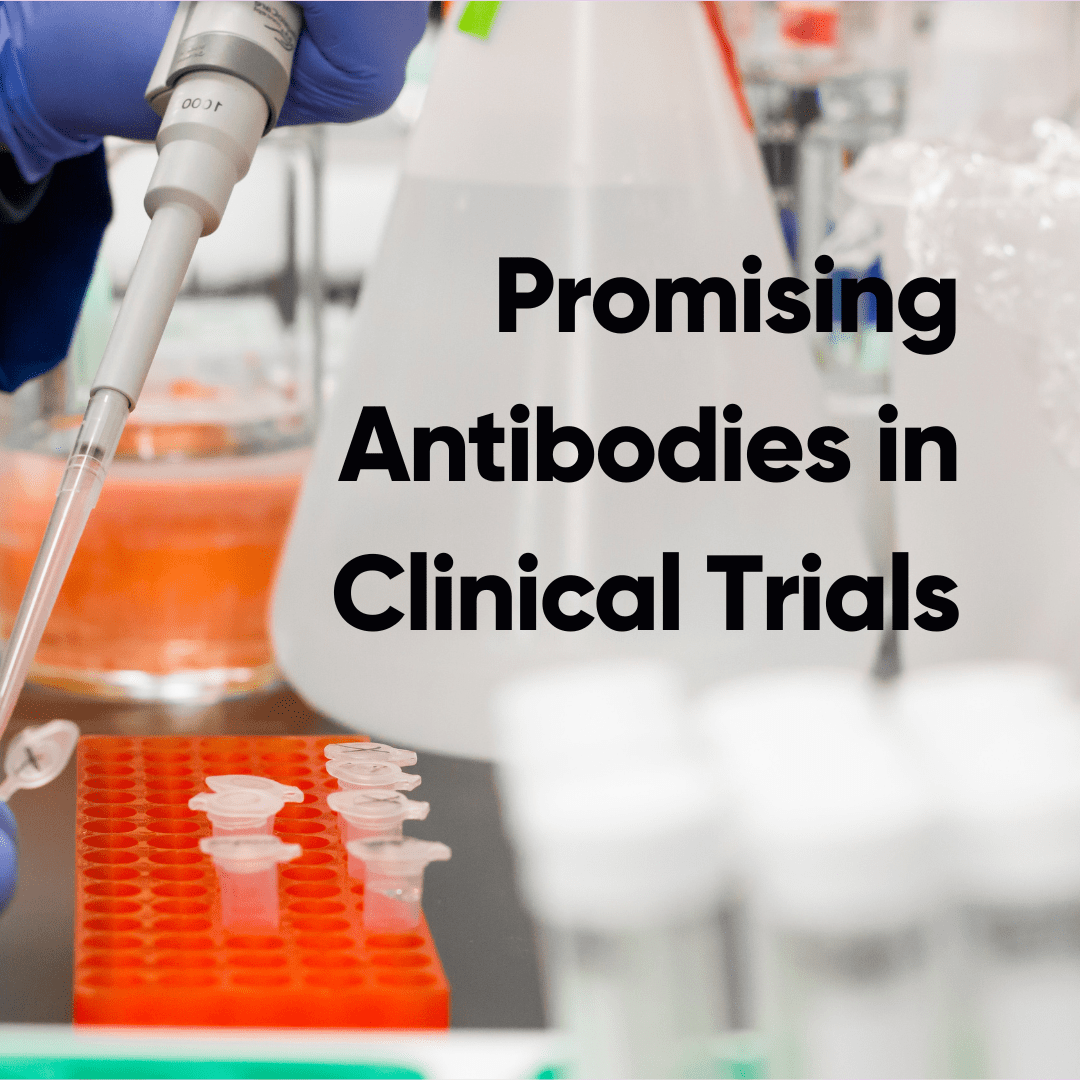Antibody therapeutics have made significant strides in recent years, with several successful treatments already in the market. However, the future of this field lies in the promising candidates currently in Phase I-II clinical trials. These antibodies, targeting a wide range of diseases, have the potential to become important treatments in the coming years.
One such antibody is DSP-0038, a humanized monoclonal antibody targeting the TROP2 protein, which is overexpressed in various cancers, including pancreatic, prostate, and breast cancer. Developed by Daiichi Sankyo, DSP-0038 is being investigated as a monotherapy and in combination with other treatments. The antibody’s ability to deliver a cytotoxic payload directly to cancer cells expressing TROP2 makes it a promising candidate for the treatment of these hard-to-treat cancers.
Another exciting candidate is NTLA-2001, a CRISPR/Cas9-based gene editing therapy targeting transthyretin amyloidosis (ATTR). Developed by Intellia Therapeutics and Regeneron, NTLA-2001 uses a lipid nanoparticle delivery system to introduce CRISPR/Cas9 components into liver cells, where transthyretin is produced. By editing the gene responsible for transthyretin production, NTLA-2001 has the potential to provide a one-time treatment for ATTR, eliminating the need for chronic therapy.
In the field of autoimmune disorders, the antibody ALPN-101, developed by Alpine Immune Sciences, holds promise as a treatment for systemic lupus erythematosus (SLE) and other B cell-related autoimmune diseases. ALPN-101 is a dual ICOS/CD28 antagonist that inhibits T cell activation and reduces B cell activity. By targeting multiple pathways involved in the pathogenesis of autoimmune disorders, ALPN-101 has the potential to provide a more comprehensive treatment approach for these complex diseases.
CPI-006, developed by Corvus Pharmaceuticals, is another interesting antibody targeting the CD73 pathway to enhance the immune system’s response to cancer. CD73 is an enzyme that converts extracellular ATP to adenosine, which can suppress immune cell function in the tumor microenvironment. By blocking CD73 activity, CPI-006 has the potential to restore immune function and improve the efficacy of cancer immunotherapies.
Lastly, the antibody-drug conjugate FOR46 is a promising candidate for the treatment of acute myeloid leukemia (AML). Developed by Fortis Therapeutics, FOR46 targets the CD46 receptor, which is overexpressed on AML stem cells. By delivering a potent cytotoxic payload directly to these cells, FOR46 has the potential to eliminate the source of the disease and provide long-term remission for AML patients.
In conclusion, the antibodies DSP-0038, NTLA-2001, ALPN-101, CPI-006, and FOR46 represent just a few of the promising Phase I-III candidates in the pipeline. As these therapies progress through clinical trials, they have the potential to become important treatments for a wide range of diseases, including cancer, autoimmune disorders, and genetic conditions. The future of antibody therapeutics looks bright, with these innovative approaches poised to transform the landscape of medical treatment in the coming years.

